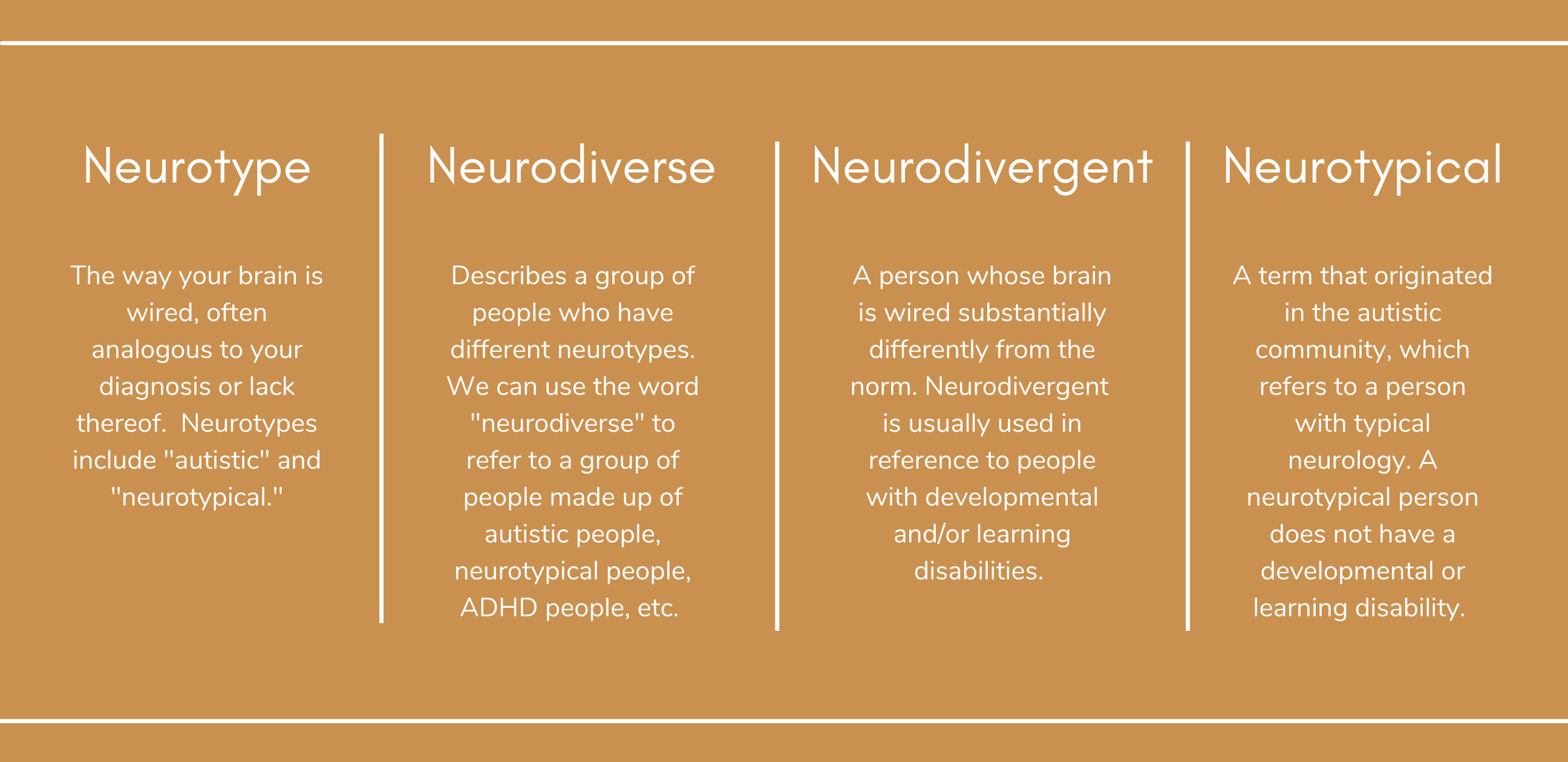The Benefits of an Adult ADHD Diagnosis
Have you ever found yourself in the middle of doing important work and the next thing you know you are scrolling on your phone and 20 minutes have passed? Maybe you are the type of person who brings in the groceries and starts putting them away, only to find yourself beginning to vacuum and put laundry in the washer, then realize nothing has been completed. Are you wondering “why haven’t I been able to keep a consistent or steady relationship?” Or perhaps, you are applying for your fourth job this year and are questioning why you can never seem to find satisfaction or stay at one job for an extended period of time like your peers. Always misplacing your phone, keys, or wallet or asking people to repeat themselves? Do you interject your thoughts in conversation to avoid forgetting, cutting other people off unintentionally? Stop beating yourself up and listen to me; there is nothing “wrong” with you. All the times you have been called (or told yourself) that you are a failure, lazy, a mess, a problem, or broken, it has not been your fault. In fact, our world has been and is designed for the neurotypical human, meaning there was no consideration for folks who may have any developmental differences.
Now you may be wondering how you, as an adult, could come to find out that you may in fact be neurodiverse or neurodivergent, meaning that your way of thinking is different from the “norm.” Some people believe that only children can be diagnosed with things like learning disabilities or Attention Deficit/Hyperactivity-Impulsivity disorder (ADHD). I’m here to inform you a little about how that common belief can be debunked, some tools/resources that can be valuable if you are someone who struggles with attention and focus, and some recommendations about what to do next if you find yourself wondering if you have gone un- or misdiagnosed.
ADHD is a neurodevelopmental, executive functioning disorder that is often characterized by difficulties with focus and attention, difficulties controlling or managing behavioral outbursts or impulsive tendencies, and/or trouble with motivation and organization. Oftentimes, it is diagnosed in children under the age of 12, however because of its complexities in different genders, cultures, race, etc., it may be difficult to notice until a person reaches adulthood. According to research, ADHD can persist into adulthood in approximately 10-60 percent of individuals (Gentile, Atig, and Gillig, 2006). While a childhood history is a prerequisite for a diagnosis in adulthood, the Diagnostic and Statistical Manual of Mental Disorders, Fifth Edition (DSM-V) provides a number of different criteria that need to be met across multiple domains or settings (such as school, home, work), which can support an adult seeking prognosis clarity or clarification.
Types of Adult ADHD
There are three main categories of ADHD that can help start the journey of mental confirmation and validation: predominantly inattentive type, predominantly hyperactive type, or combined type. In order to obtain a formal diagnosis, one has to meet a certain number of the following symptoms per group. Some of the most commonly reported complaints for the inattentive type include difficulties with focus and attention, task-initiation and completion, “zoning out,” lack of motivation, forgetfulness, distractibility, and trouble with organization. The more common descriptions for a hyperactive-impulsive type tend to include interrupting others or excessive talking in conversations, fidgeting/restlessness, inability to stay in one’s seat for extended periods of time, constantly “on the go,” and engaging in risk-taking or careless behaviors. In order to meet the combined type, an individual needs to acquire a certain number of symptoms from both. In reviewing the symptomatology, it is easy to see how there are a variety of similarities to other mental health disorders, such as anxiety, depression, bipolar disorder, Tourrette’s syndrome, oppositional defiant disorder, and learning disabilities. In fact, many individuals struggling with ADHD also deal with comorbidities such as learning disabilities, anxiety, and mood, so these often need to be ruled out before a formal ADHD diagnosis can be provided (Targum & Adler, 2014).
There are a number of reasons why an individual would go undiagnosed or misdiagnosed in childhood. Some of these include, but are not limited to, young boys tending to display more hyperactivity or impulsivity and are seen as “behavioral problems” in the classroom, while young girls tend to be more “quiet and reserved.” Additionally, children of color are more likely to be dismissed and overlooked, and even improperly treated if given recognition for their displayed difficulties (American Psychiatric Association [APA], 2022). Knowing that ADHD has high heritability and is associated with stigma around mental health, especially in different cultures where mental health services are not as accepted, it is easy to see how many present-day adults did not have the language to describe their troubles and may have even been ignored or invalidated in their own homes.
What Now?
If you suspect that you, or someone you know, may be struggling with ADHD as an adult, there are plenty of options for you to receive appropriate care and recommendations!
Behavioral Strategies:
Focus on improving organization by decluttering your spaces (i.e. using storage containers, filing systems), setting aside time to organize your space in the beginning or end of the day, brief morning meditation for focus, use of an agenda or journal for remembering important dates and to-do lists (i.e. bills due, parties, conferences, assignments)
Apps that can be helpful – Don’t Forget the Milk, Evernote, Calendar (set reminders & put in important dates/events)
Improve time management by using online timers to help stay on task (30 minutes on, 15 break, 30 on, 15 break, etc.), prioritize tasks & break things down into smaller chunks (just focus on reading one page first), allocate “cushion” time so if you misplace your phone/keys/wallet you have a buffer
Websites that can help block distractions and create timers – Pom of Focus, Freedom, Rescue Time
Practice good sleep habits, daily exercise, adequate nutrition
Remove distractions from your workspace
Advocate for accommodations at work or school
Professional Recommendations:
Consider getting a full, comprehensive Adult ADHD Evaluation through Small Victories Wellness
With this you may be able to apply for certain accommodations through work or school, such as extra time on projects/exams, distraction-free work spaces, notes
With this you may also choose to get a referral for a medication provider to begin a stimulant (especially important if you are a student or athlete)
Look into local groups in your area for you to attend to gain skills and strategies, especially if you have tendencies to interrupt in conversations
Connect with a professional counselor/therapist to help you navigate these issues OR share your newfound knowledge with your current provider to process further next steps
Self-Help Resources:
Books: Taking Charge of Adult ADHD by Dr. Russell Barkley, Tackling Your Time Perception Challenges by Rene Brooks, Spark: The Revolutionary New Science of Exercise and the Brain by John Ratey, MD
Social Media: How to ADHD with Jessica McCabe, @adhd_understood
Podcasts: Life With Lost Keys by Rene Brooks, The LDA Podcast
Websites: ADDA, CHADD, Black Girl Lost Keys
Magazines: ADDitude
With this new information, you can better understand yourself and work WITH your brain, rather than against it. The ability to have information and deeper self-awareness sets you up for success and I hope that you will come to find that there are many strengths to the ADHD brain, and commend yourself in taking the first step in figuring out how to best support it!
Other Resources:
https://www.ncbi.nlm.nih.gov/pmc/articles/PMC4301030/
https://www.psychiatrictimes.com/view/signs-and-symptoms-of-adult-adhd
https://cmha.bc.ca/documents/attention-deficithyperactivity-disorder-in-adults-2/
https://www.ncbi.nlm.nih.gov/pmc/articles/PMC2957278/
American Psychiatric Association. (2022). Neurodevelopmental disorders. In Diagnostic and statistical manual of mental disorders (5th ed., text rev.).



